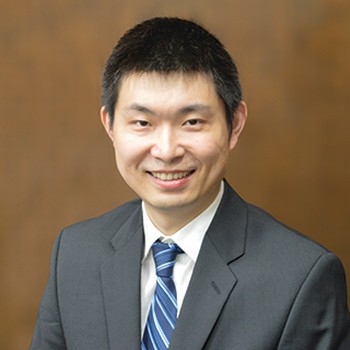
Zhao - “My research focus is instinctively inspired by a sense of responsibility to protect the environment and make a sustainable world”
What if you could not only develop new, energy-efficient buildings, but also retrofit old buildings to make entire communities more energy efficient? That is Michigan State University researcher Dong Zhao’s goal.
“Humans spend 90% of time in buildings and thus buildings consume 40% of energy in the U.S.,” says Zhao, an assistant professor in the School of Planning, Design and Construction. “Large-scale retrofits of existing buildings can reduce energy use by 60% to 80% and carbon emissions by 30%.”
Current energy retrofit tools focus on a single building at a time. Zhao explains his research fills a gap by integrating occupant behaviors into building engineering on a large scale.
“The human-building integration considers occupants, technologies and environments in the creation of energy retrofit solutions,” Zhao says. “Large-scale retrofits can renew the U.S. built environment and infrastructure since 44% of existing buildings are expected to be replaced or renovated by 2050.”
With the support of a 2021 National Science Foundation Career award, Zhao and his team’s research will transform the large-scale adoption of smart retrofitting strategies. This will also advance the frontier of green and smart cities and place a broader impact to our society toward a more sustainable home.
Read the full story on MSU Today.
